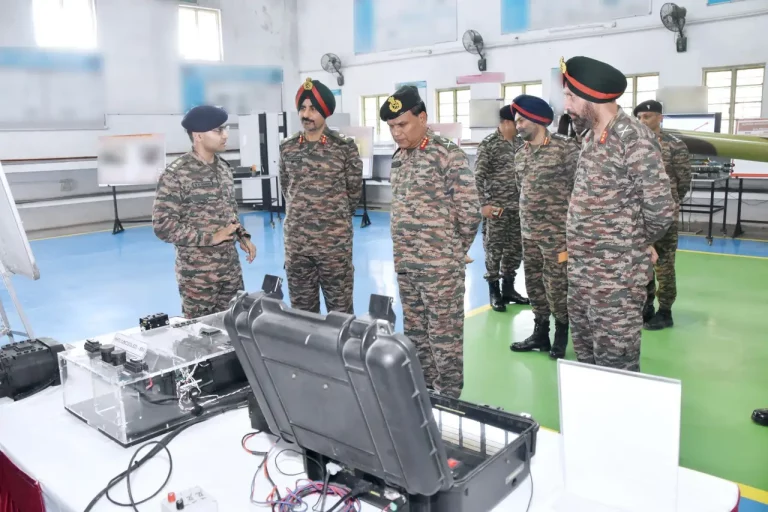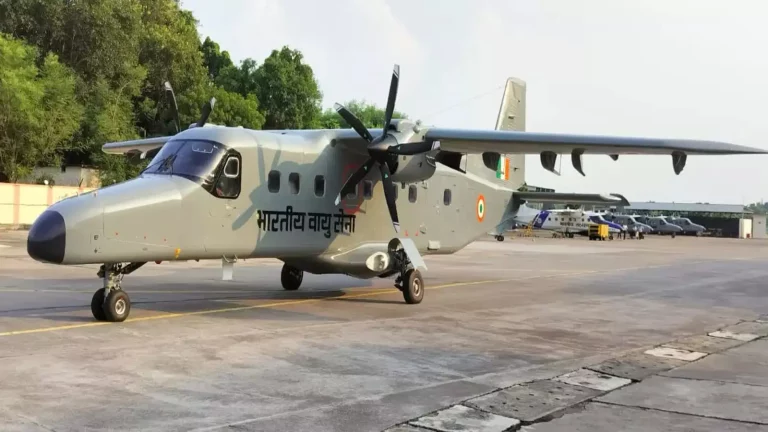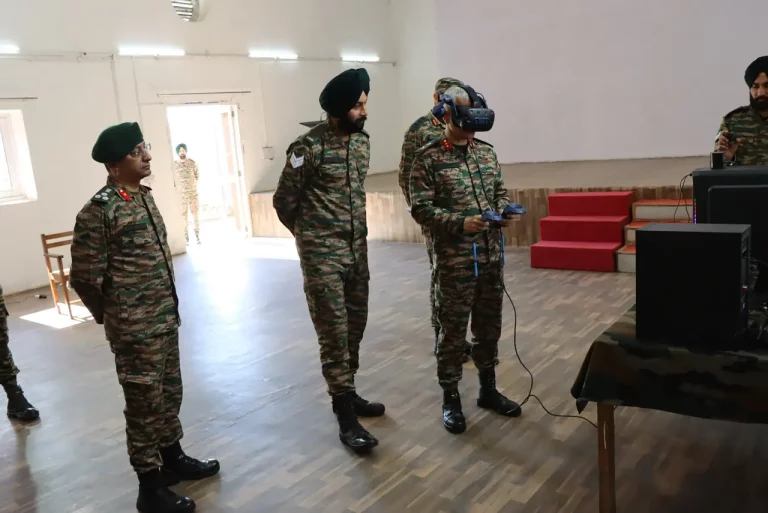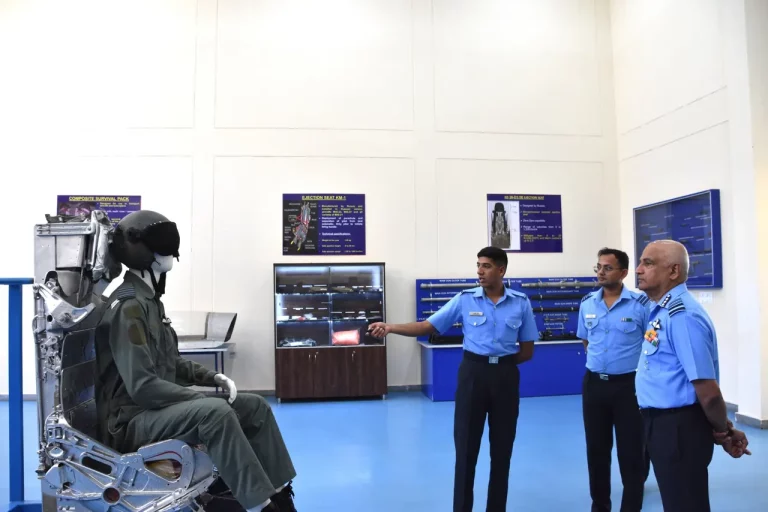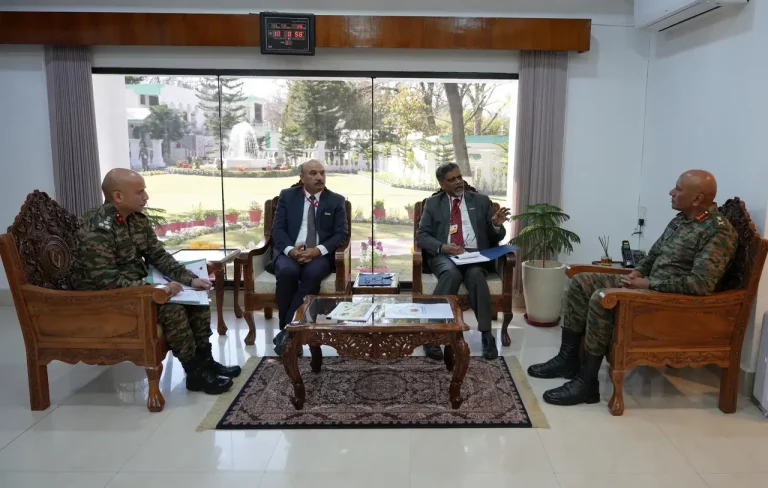Amid escalating tensions between India and Pakistan following a failed missile attack by Pakistan on key Indian military installations, US Vice President JD Vance has made a firm statement regarding America’s non-military involvement in the conflict. In an interview with Fox News, Vance articulated that while the US is willing to encourage de-escalation efforts, it will not engage militarily in what he termed a conflict that is “fundamentally none of our business.”
Vance’s comments come at a critical juncture, just hours after India successfully intercepted and neutralized at least eight missiles launched from Pakistan, aimed at strategic military locations including Jammu and Pathankot. The Vice President emphasized the limits of America’s influence in the region, stating, “America can’t tell the Indians to lay down their arms. We can’t tell the Pakistanis to lay down their arms.” He expressed hope that the situation would not spiral into a larger conflict or, even worse, a nuclear confrontation.
This backdrop of increasing hostility includes India’s recent Operation Sindoor, launched in response to a terrorist incident in Pahalgam on April 22 that resulted in 26 fatalities. The operation specifically targeted nine terror camps located in Pakistan-occupied Kashmir and in Pakistan’s Punjab province, reinforcing India’s position that its military actions are focused on dismantling terror infrastructure and are conducted in self-defense.
Further complicating the dynamics, US President Donald Trump shared his desire to see both nations halt their escalating military actions. He conveyed a willingness to assist in mediating the situation, stating, “I know both very well and I want to see them work it out. And if I can do anything to help, I will be there.”
Despite ongoing artillery shelling along the Line of Control from the Pakistan army, both India and Pakistan have reportedly kept diplomatic channels open, with international observers monitoring the situation. The Biden-Trump administration’s current stance indicates a clear preference for resolution through diplomatic means rather than direct military involvement, as the international community watches closely as tensions continue to simmer in one of the world’s most volatile regions.


